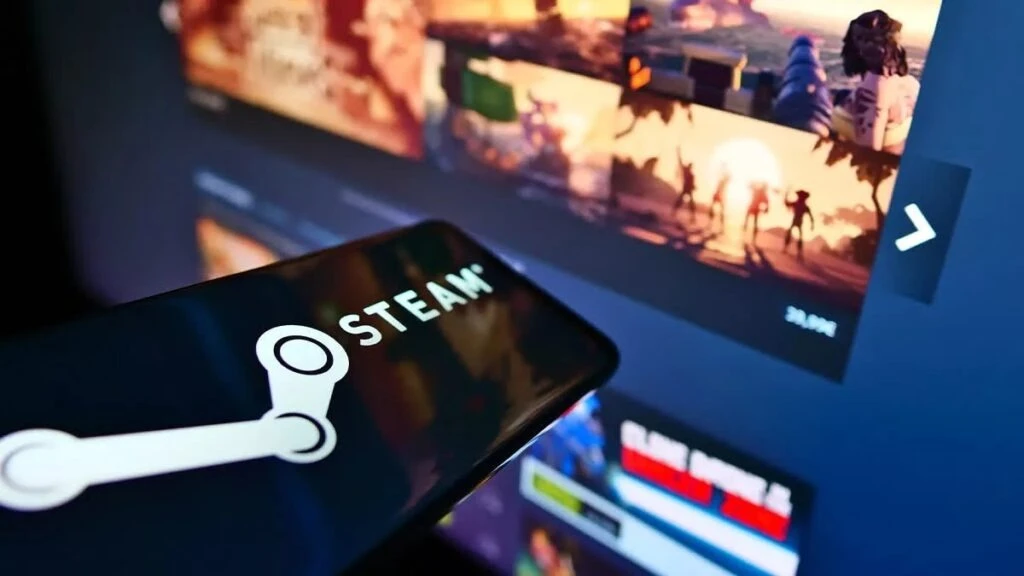Gamers dedicate a significant portion of their lives building impressive libraries on platforms like Steam. These libraries represent not just entertainment, but also time, effort, and sometimes, substantial financial investment. So, what happens to these valuable accounts when a gamer passes away? Can loved ones inherit them, or do years of accumulated digital assets disappear into the void?
The Legal Hurdles: Why Steam Accounts Aren’t Inheritable

Unfortunately, the answer to inheriting Steam accounts is a resounding no. This isn’t just a Steam policy; it’s an industry standard. Platforms like Sony PlayStation Store, Microsoft Xbox Live, Epic Games Store, and Nintendo eShop all have similar restrictions. Legally, digital game accounts are considered service licenses, not personal property. When you create a Steam account and agree to the terms of service (TOS), you’re essentially agreeing to a usage license for the platform and its associated features. This license is non-transferable. Sharing login credentials, gifting accounts, or attempting to pass them on through inheritance all violate the TOS and could lead to account termination.
The Technical Workaround: A Risky Gamble
Technically, gamers can attempt to transfer their accounts by changing login credentials and enabling two-factor authentication on a trusted individual’s device. However, this approach is fraught with risk. Here’s why:
- Breach of Contract: Simply put, it violates the terms of service you agreed to with Steam. This could lead to account suspension or termination, jeopardizing the entire library and potentially leaving the intended recipient with nothing.
- Security Concerns: Sharing login credentials exposes your account to potential misuse. If the recipient isn’t trustworthy, your entire library and personal information could be compromised.
- Unforeseen Complications: What happens if the recipient loses access to the account after the transfer? Steam customer support cannot intervene in situations where TOS violations have occurred.
The Ethical Considerations: Sharing vs. Inheritance

There’s also a distinct difference between sharing an account with a loved one while alive and bequeathing it upon death. Sharing can be a way to introduce someone to gaming or experience titles together. However, inheritance is a permanent transfer, and the Steam TOS doesn’t recognize this concept.
Protecting Your Legacy: Alternative Solutions
While inheriting Steam accounts isn’t possible, several alternative solutions can help preserve your gaming legacy for loved ones:
- Steam Family Sharing: This feature allows authorized users within the same household to access a limited library of games from the primary account. Before your passing, grant access to specific individuals through Family Sharing. This way, they can still enjoy some of your games, even if not all.
- Gifting Games: Consider gifting games you want certain individuals to have before your passing. This ensures they can access and enjoy them without violating the TOS.
- Physical Copies: If you own physical copies of games (with activation codes), consider leaving them to loved ones who can redeem them and create their own accounts.
- Open Communication: Have open conversations with your family about your gaming preferences and desired outcome for your digital assets. This will help them understand your wishes and avoid any confusion after you’re gone.
The Future of Digital Inheritance
As digital libraries grow in value, the legal landscape surrounding digital inheritance is slowly evolving. Some countries are starting to address the issue by incorporating digital assets into estate planning. However, the road is still long, and the gaming industry is yet to adapt significantly.
By understanding the current limitations and taking proactive steps like Steam Family Sharing and gifting, gamers can ensure their loved ones have some form of access to their cherished digital collections, even if complete inheritance isn’t possible. Ultimately, clear communication and informed planning are crucial in navigating the complexities of digital legacy in the gaming world.
See more information in the Game News section here.













